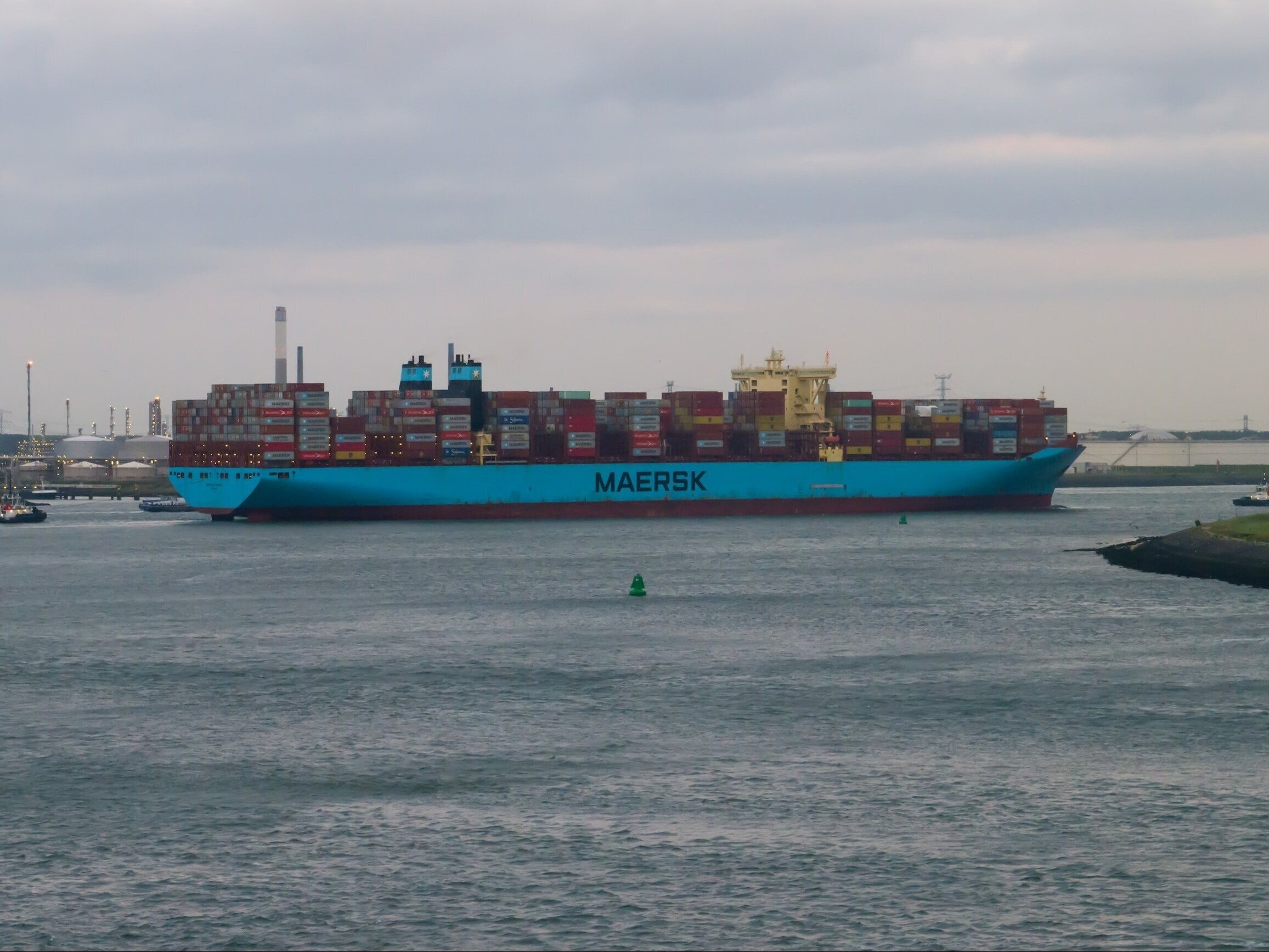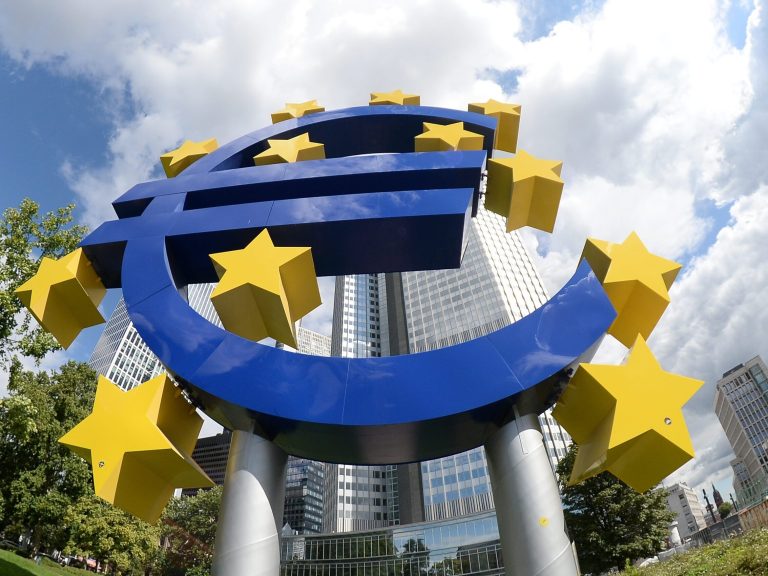The freight giant suspends trips through the Suez Canal. Prices may skyrocket

Maersk, one of the giants of global sea freight, announced the suspension of routes through the Red Sea and the Suez Canal. This could have serious consequences for global trade.
There is the first official reaction to attacks on ships in the Red Sea. Maersk, one of the giants of global freight, announced the suspension of routes through the Red Sea and the Suez Canal. The ban is to remain in force until further notice. The carrier made the decision out of concern for the safety of ships, crews and transported goods. The decision may have serious consequences for the global economy.
The route through the Suez Canal is the shortest, and therefore the most popular, chosen by ships transporting goods from Asia to Europe. The crisis caused by the Evergiven container ship getting stuck in it showed how important the Suez Canal is and what effects not using it can have.
The results recorded by the operator of the Suez Canal in 2022 prove how important this route is. The total number of cargo floated through the Canal reached a record level of 1.32 million tons, or 10.9 percent. more than in the 2020/21 season. The number of ships passing through the canal increased by 15.7%. to 22,032. Various estimates say that the isthmus is responsible for 10 to 15 percent. world trade.
Now the matter is much more serious, and avoiding this route may take much longer than just a few days. Some companies that rely on supplies from China and other parts of Asia claim that the current situation may increase the prices of their goods by up to 250%.
Attacks on container ships
Maersk’s decision is the result of increasing attacks on private transport vessels in the Red Sea, carried out by Yemen’s Houthi movement. These are supposed to be acts of revenge for Israeli actions in the Gaza Strip.
During one of the recent attacks, the ship’s crew reported three explosions on board the vessel. The problem has become serious enough to disrupt global freight. An alternative route to the Suez Canal is to sail around Africa, which is not only more time-consuming, but also much more expensive.






